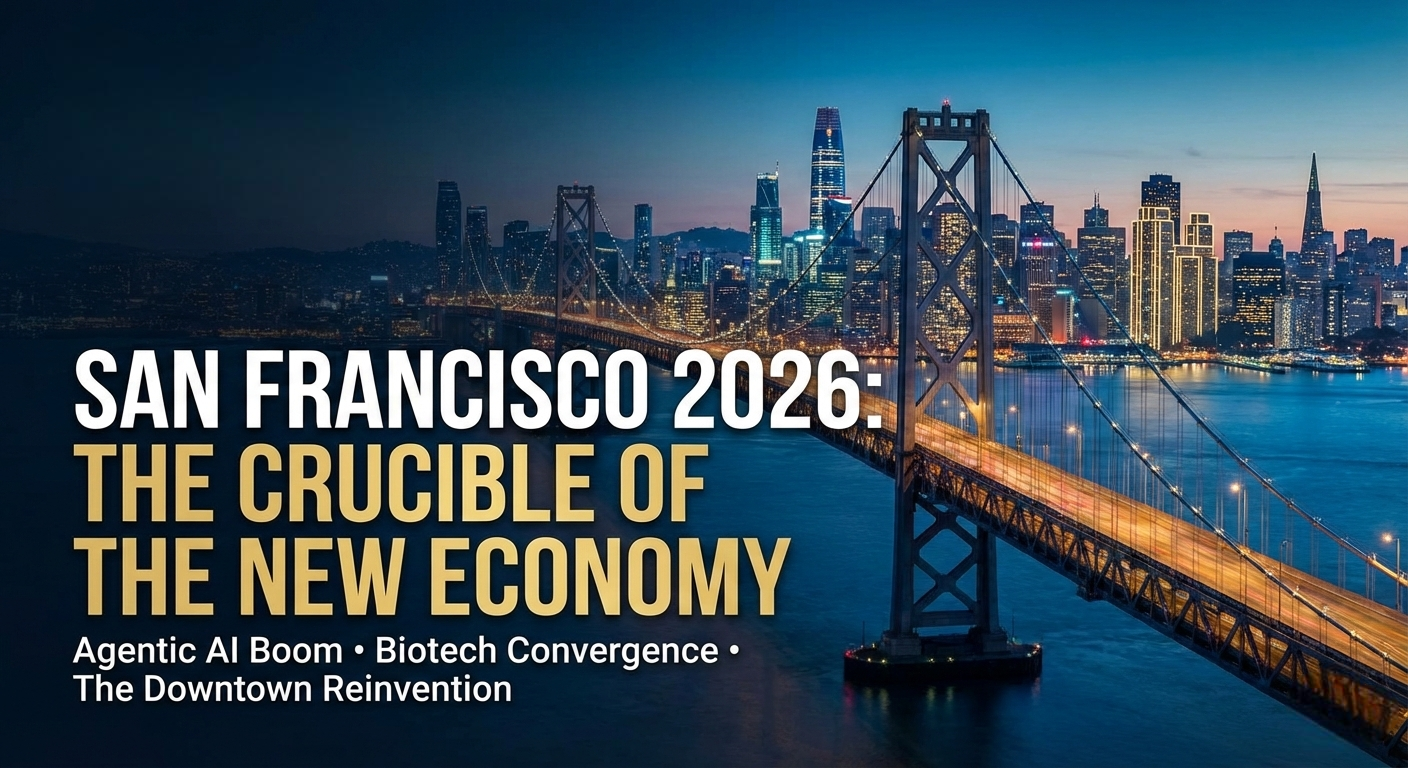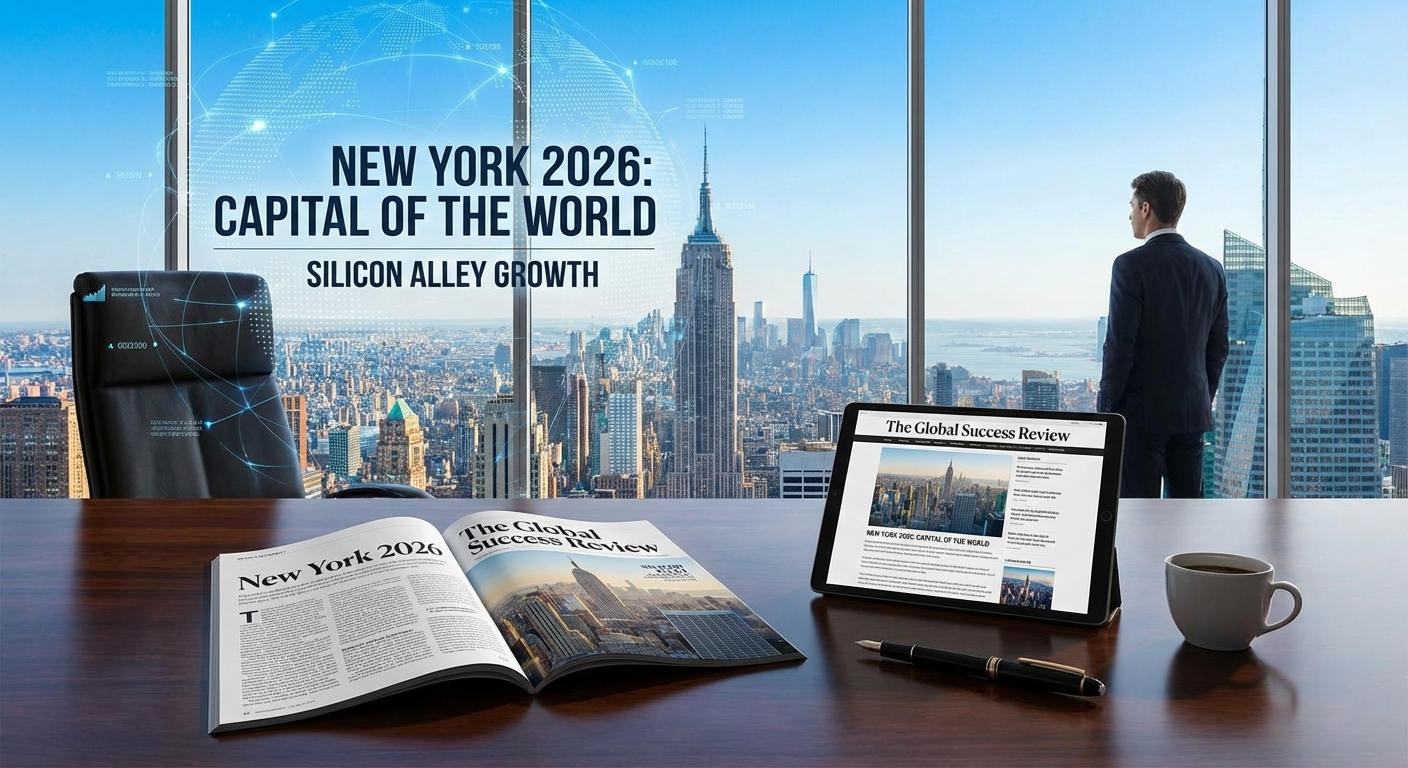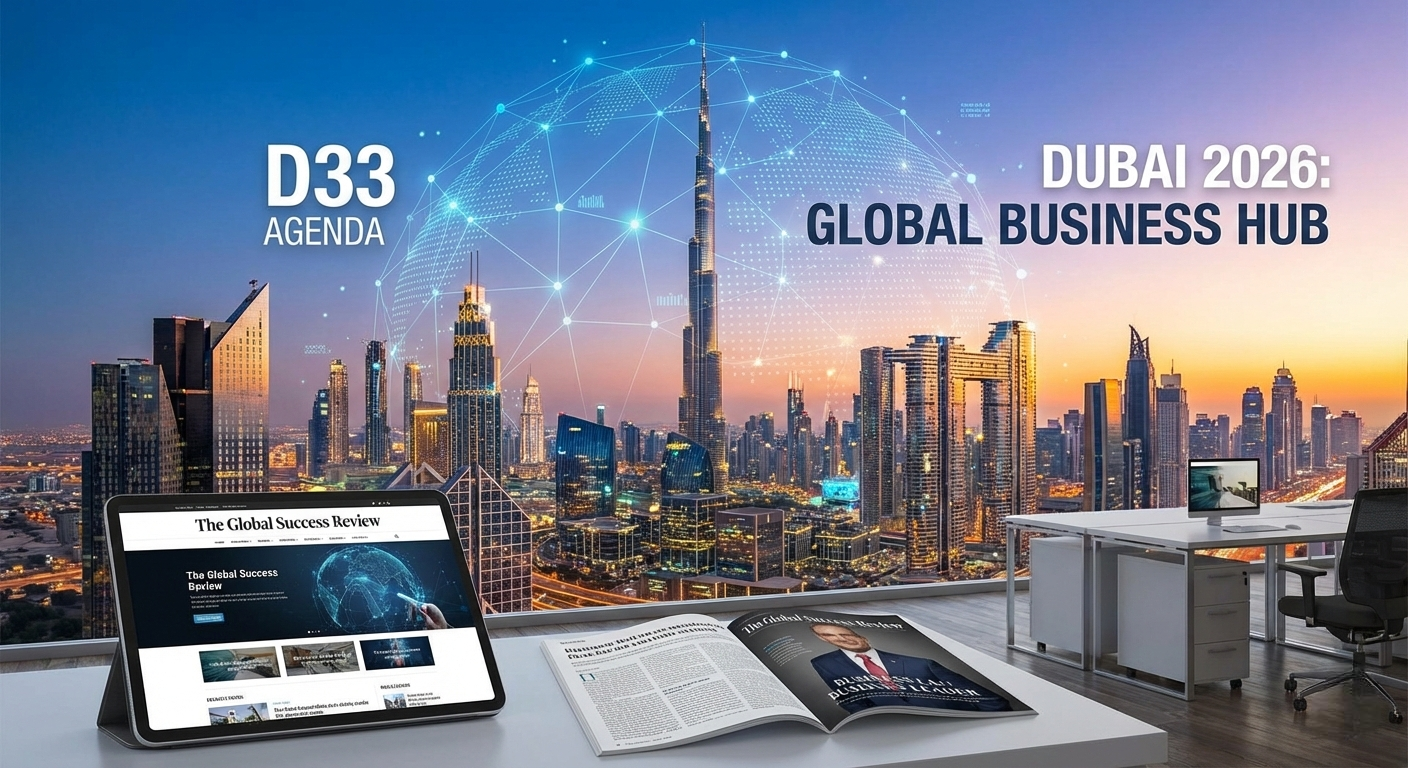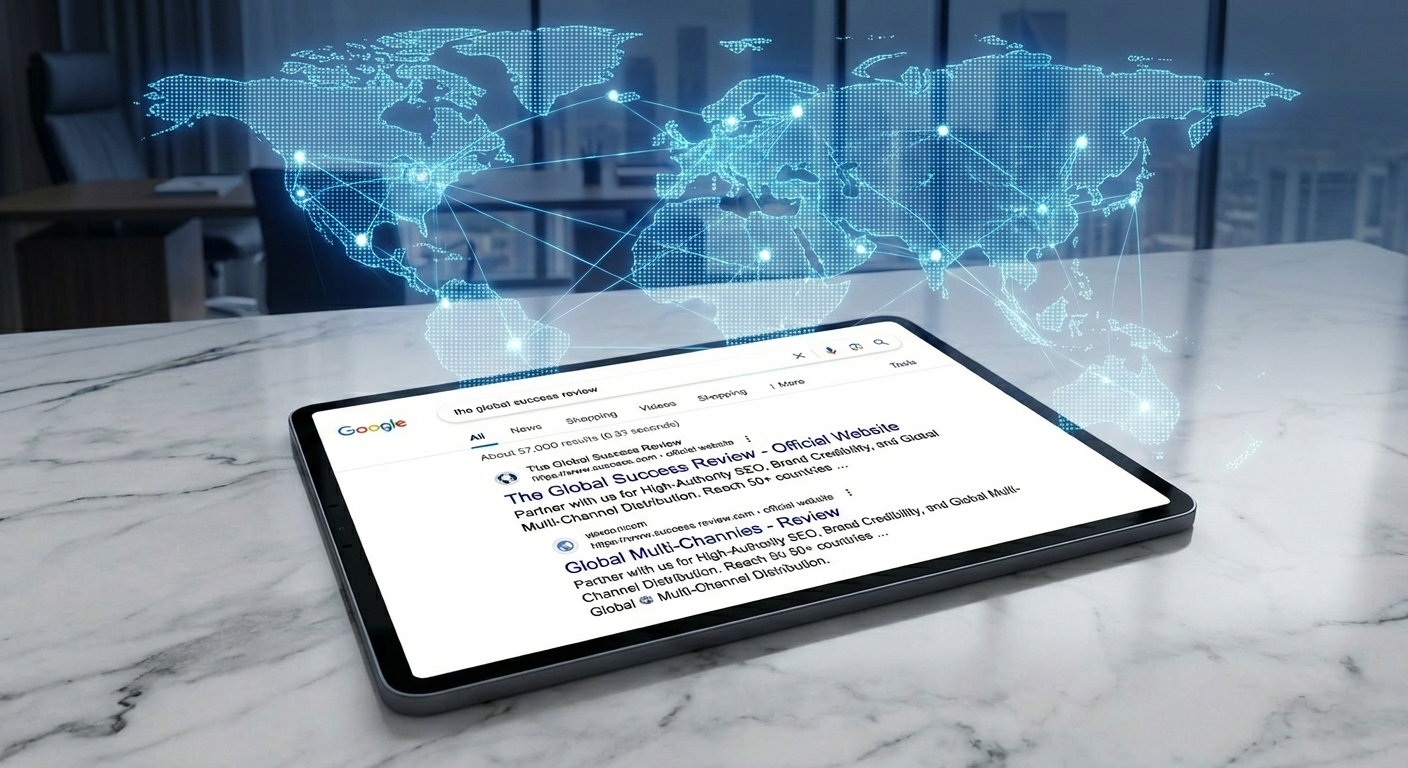By Global Success Review Magazine
In today’s fast-paced, interconnected world, e-commerce is no longer just an industry; it’s the driving force behind global trade, connecting businesses and consumers across continents in real time. From the hum of delivery trucks to the tapping of mobile screens, e-commerce has revolutionized how we buy, sell, and interact with products and services. The growth of online shopping has been meteoric, and its impact on the global economy is undeniable. But how did e-commerce become the engine powering the modern global marketplace? Let’s explore.
The Rise of E-Commerce: More Than a Trend
What started as a convenient way to shop for books or gadgets has now evolved into a multi-trillion-dollar industry with an undeniable influence on nearly every aspect of life. Companies like Amazon, Alibaba, and eBay have become household names, but the e-commerce ecosystem includes millions of businesses, from tiny startups to massive conglomerates, all leveraging the internet to reach customers worldwide.
E-commerce has become a staple for businesses aiming to stay competitive. It provides a platform for even the smallest companies to break into the global market, leveling the playing field between local enterprises and international giants. This democratization of commerce has led to an explosion of choices for consumers and businesses alike. With just a few clicks, consumers can access everything from handmade jewelry in a remote village to high-tech gadgets manufactured halfway across the world.
Breaking Down Barriers
One of the key benefits of e-commerce is its ability to bridge geographical and logistical divides. No longer do businesses need to rely on physical stores or local distribution channels to reach customers. Through platforms such as Shopify, WooCommerce, and Amazon, even small and medium-sized enterprises (SMEs) can run their businesses seamlessly across borders.
Consider this: a small clothing brand in Italy can easily sell its designs to customers in Japan, while a tech company in the United States can expand its reach to Brazil. Thanks to e-commerce platforms, international shipping, and secure payment systems, the world has truly become a global marketplace.
The ability to engage customers from different cultures and regions also pushes businesses to be more innovative in their offerings. Tailoring products to local tastes and preferences has become common practice, with companies using data analytics and AI to provide highly personalized shopping experiences. Whether it’s through dynamic pricing, targeted ads, or language localization, businesses are leveraging the power of the internet to cater to consumers’ unique needs on a global scale.
The Digital Revolution: Mobile and Social Media Impact
The advent of smartphones and social media has played a monumental role in the growth of e-commerce. With mobile phones, consumers now have the power to shop whenever and wherever they want. This has resulted in a surge of “mobile commerce” (or m-commerce), which accounts for a significant portion of online sales today. Studies show that mobile sales are expected to surpass 70% of total e-commerce sales in the coming years, a shift that reflects the growing importance of mobile-first experiences.
On the other hand, social media platforms like Instagram, Facebook, and TikTok have transformed e-commerce into a highly visual, interactive experience. Social commerce is now a booming sub-industry, where influencers, brands, and everyday users promote and sell products directly through these platforms. This shift has made shopping more social, engaging, and integrated into daily life than ever before.
E-Commerce and Sustainability
In addition to reshaping commerce, e-commerce is increasingly tied to sustainability efforts. Consumers are becoming more conscious of how and where their products are made, and companies are responding by implementing eco-friendly practices in their supply chains. This includes sourcing materials responsibly, reducing carbon footprints, and offering sustainable packaging.
Additionally, innovations like “green shipping” options and carbon-neutral delivery services have gained traction, allowing consumers to make purchases that align with their values. E-commerce giants like Amazon are investing in renewable energy, while many smaller companies are offering carbon offset programs, bringing sustainability to the forefront of online shopping.
While there is always room for improvement, the shift toward sustainable e-commerce practices is a sign of the growing awareness around environmental issues, and it’s inspiring businesses worldwide to think differently about how they impact the planet.
The Future: E-Commerce 4.0
As we look to the future, the evolution of e-commerce shows no signs of slowing down. Technologies like artificial intelligence, virtual reality, and blockchain are already beginning to shape the next generation of online shopping experiences. Virtual stores that allow customers to “try on” clothing or furniture in their homes via augmented reality (AR) are no longer a distant dream; they’re becoming a reality.
Blockchain, with its promise of greater transparency and security, could further streamline the online shopping process, making transactions faster, more secure, and less prone to fraud. As these technologies continue to evolve, we can expect the online shopping experience to become more immersive, personalized, and efficient.
E-commerce is also likely to continue its expansion into emerging markets. With internet access growing rapidly in countries across Asia, Africa, and Latin America, new digital consumers will be entering the market, and businesses will need to adapt their strategies to reach these regions. The global marketplace will keep growing, with new opportunities emerging for businesses and consumers alike.
Conclusion
E-commerce isn’t just an industry; it’s the heartbeat of the modern global economy. It connects people across borders, fuels innovation, and drives economic growth in ways we’ve never seen before. As technology advances, so too will the scope of what e-commerce can achieve. For businesses, embracing e-commerce is no longer optional it’s essential. At Global Success Review Magazine, we believe that the future of commerce is global, digital, and dynamic. And with e-commerce continuing to reshape the world, we’re only scratching the surface of what’s possible.



















